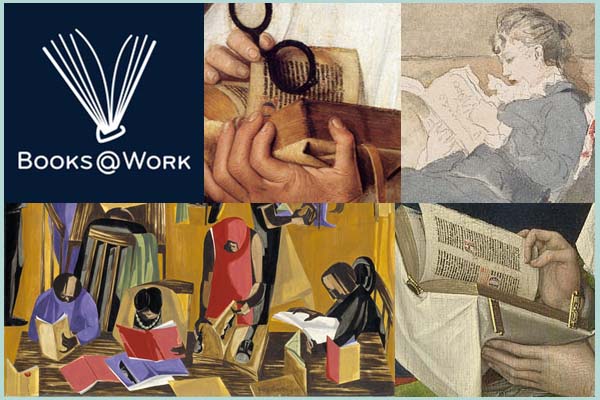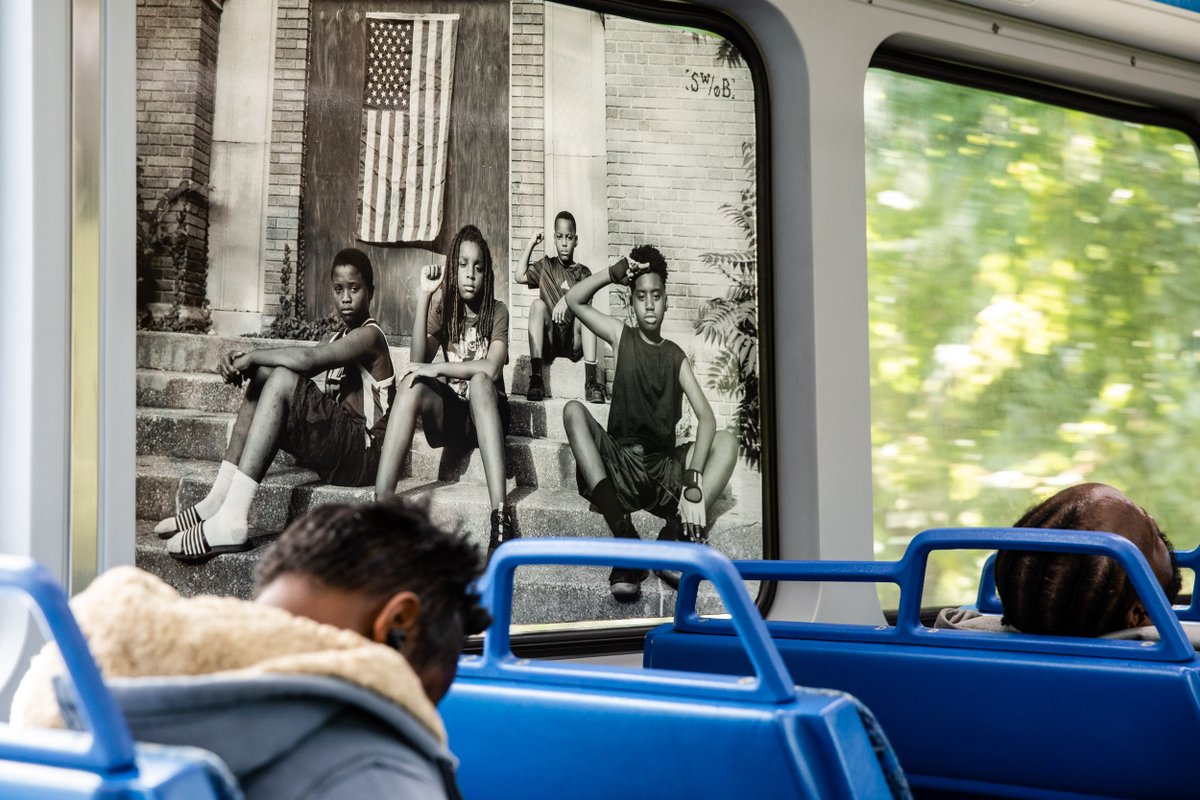by Rachel Burstein
Our experience of a book can be changed—and enriched—when we read it alongside people who are different from us. That’s the verdict from participants at a recent Books@Work program in Cleveland. The group read The Warmth of Other Suns from Pulitzer Prize-winning journalist Isabel Wilkerson. Her meticulously researched and beautifully told history of the Great Migration won a 2011 Anisfield-Wolf Book Award.
Books@Work is a non-profit organization that brings professor-led literature seminars into the workplace and to a variety of community settings.
Few participants in a recent seminar were prepared for how profoundly reading and discussing Isabel Wilkerson’s book would hit them. Many recognized elements of their own family history in the book, causing them to reevaluate the role of individuals—especially people of color—in making history. Led by Michelle Rankins, an adjunct professor at Cleveland State University, readers explored thinking of themselves as part of a continuing narrative, and potential agents of change. As Professor Rankins put it, “There are so many universal themes in the text.”
One woman said that reading The Warmth of Other Suns encouraged her to investigate her own family history, tracing her grandmother’s journey from the Deep South to Cleveland during the Great Migration. She said she wished “that I had talked to her more about her upbringing and what made her come from the South up to the North. You know people left and came up, but you didn’t realize the reasons why and how they came up here with no idea what they were getting themselves into. That brought me to thinking I should maybe go find some more of my relatives we don’t really communicate with and just see if we can get more family history going.”
In many ways, Wilkerson’s book is a guide to Cleveland and other rust-belt cities whose history and culture were shaped by the Great Migration. And for many African-Americans in Cleveland—one or two generations removed from Southern roots—Wilkerson’s powerful narratives echo their own stories. One man said he was unaware of the profound historical and present-day discrimination that African-Americans encountered in the North, adding that reading the book with colleagues spurred him to inquire more about the racism that others in the group had faced. “I said [to my colleague], ‘I hate to admit it, but I had never heard of Jim Crow until I read this book,’ the participant said. “You know, and she looked at me and says, ‘Did you grow up under a rock?’ I said, ‘Yeah. I did.’ So we got into a discussion.”
These conversations are critical, in Cleveland and the larger world.
The Warmth of Other Suns is a powerful tool, asking readers to reflect on their own place among its narrative. These discussions can be difficult and complex: calling forth acknowledgment of complicity and privilege for some readers, and admission of failure to engage the past on the part of others. But there is also a chance—through literature—for the ordinary human being to shape and influence the story, and the world in which we find ourselves today.
That is why professors in the Books@Work seminar play such an important role in directing the conversation and fostering honest dialogue. It is the alchemy of the professor, the text and—crucially—the group members themselves, that allowed participants in the Books@Work seminar to take away so much from The Warmth of Other Suns.
Books@Work offers programs in a variety of sectors, states, and community settings. If you are interested in learning more, please contact Books@work through the website.
Rachel Burstein, PhD is a labor historian and Academic Director at Books@Work. Follow her on Twitter.



